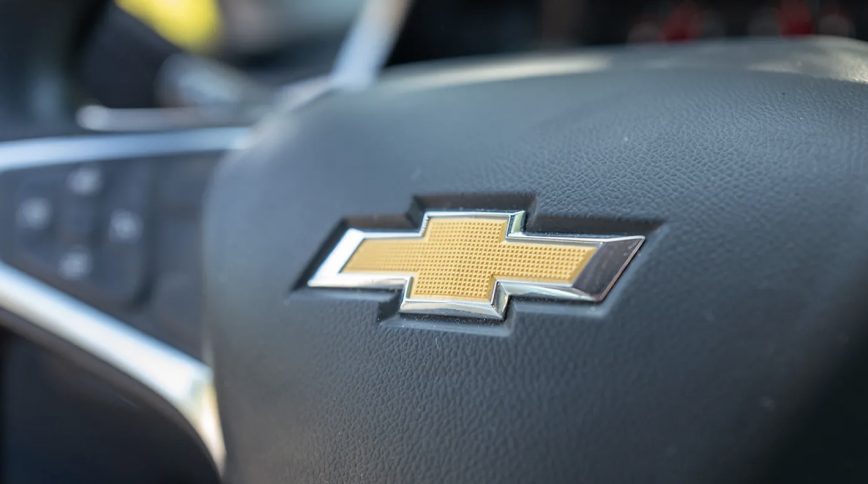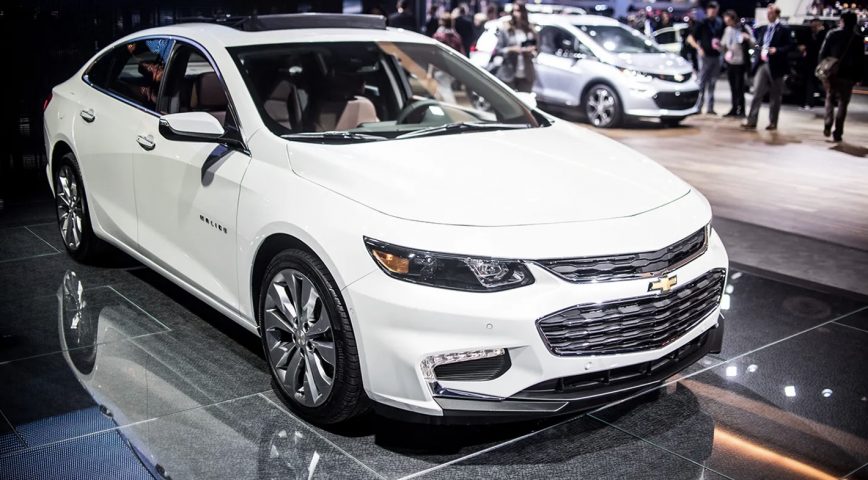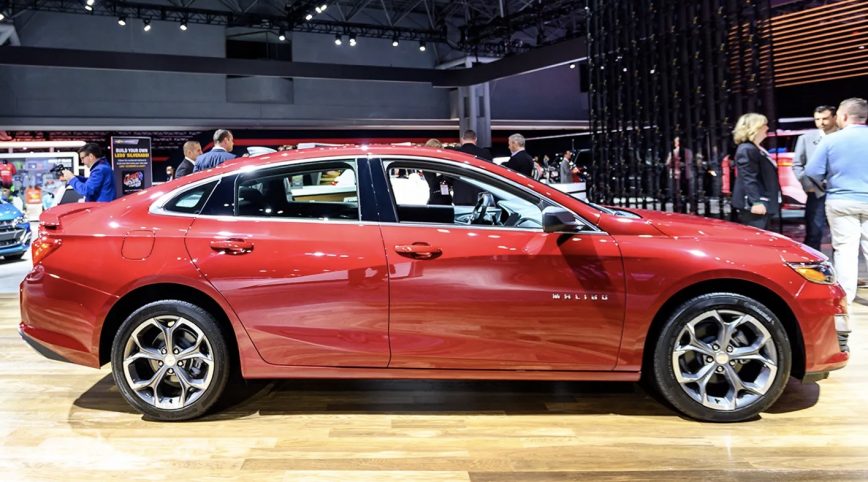Electric Dream: GM Phases Out Malibu, EV Portfolio Expansion

Shift in Production Focus: General Motors Ends Chevy Malibu Production
In a significant move reflecting the evolving landscape of the automotive industry, General Motors (GM) has announced the cessation of production of its iconic Chevrolet Malibu sedan. GM strategically restructures to enable forthcoming Bolt production at Kansas facility, marking a significant step toward electric vehicle manufacturing.
GM plans plant revamp, embracing electric mobility and responding to evolving consumer tastes.
Embracing Electric Mobility: GM’s Strategic Restructuring
The decision to cease production of the Chevrolet Malibu underscores GM’s commitment to innovation and sustainability. As consumer demand increasingly gravitates towards electric vehicles (EVs) and crossover SUVs, GM recognizes the imperative to realign its production capabilities accordingly. Kansas facility, known as Malibu, undergoes changes for Bolt production. This strategic reallocation of resources reflects GM’s proactive stance in embracing the electric vehicle revolution.

Transitioning Production: GM’s Strategic Approach
A spokesperson for GM conveyed, “To facilitate the installation of tooling and other plant modifications… GM will end production of the Chevrolet Malibu in November 2024 and pause production of the Cadillac XT4 after January 2025.” This temporary pause in production underscores GM’s meticulous planning to ensure a seamless transition between vehicle models. Moreover, it highlights the company’s commitment to maximizing operational efficiency while minimizing disruptions to its manufacturing processes.
Investing in Electric Future: GM’s Commitment to Sustainability
The Fairfax Assembly Plant, situated in the Kansas City area, will serve as the focal point of GM’s electrification efforts. GM invests $390 million to prep facility for new Bolt EV production.
GM’s significant investment reflects confidence in electric vehicles, aiming to lead in sustainable mobility solutions.

Adapting to Changing Tides: GM’s Transition to Electric Mobility
GM’s strategic shift away from traditional sedan models towards electric vehicles and SUVs reflects broader trends within the automotive industry. As consumer preferences evolve and environmental considerations take center stage, automakers are compelled to adapt their product offerings accordingly. The Malibu, once a stalwart of Chevrolet’s lineup, symbolizes an era of automotive history characterized by combustion engines and internal combustion vehicles. Amid pressure to cut emissions, GM steers toward greener future, embracing alternative fuels and sustainability initiatives for environmental progress.
End of an Era, Beginning of a New Chapter: The Legacy of the Chevrolet Malibu
Discontinuing Malibu marks era’s end, heralds new chapter in GM history. With over 130,300 deliveries of the sedan reported in 2023 alone, the Malibu has left an indelible mark on the automotive landscape. For over six decades, it has served as a reliable companion to millions of drivers, embodying the values of quality, performance, and innovation synonymous with the Chevrolet brand. However, as GM pivots towards electrification, it is imperative to adapt to changing market dynamics and embrace emerging technologies.

“When production resumes in late 2025, Fairfax will produce both the Bolt EV and XT4 on the same assembly line, which gives GM flexibility to respond to changes in consumer demand,” affirmed the GM spokesperson. This integrated approach to manufacturing reflects GM’s commitment to operational agility and responsiveness. By leveraging a shared assembly line for multiple vehicle models, GM can streamline production processes and optimize resource utilization, thereby enhancing its competitive position in the market.
GM’s decision to introduce a new iteration of the Bolt underscores its ongoing commitment to innovation and technological advancement. The forthcoming Bolt EV will feature “various Ultium and Ultifi technological advancements,” signaling a new era of electric mobility characterized by enhanced performance, range, and connectivity. Building on the success of the original Bolt, which debuted seven years ago, GM is poised to redefine the standards for electric vehicles and reaffirm its position as an industry leader in sustainable transportation.
In conclusion, General Motors’ decision to cease production of the Chevrolet Malibu marks a pivotal moment in the company’s evolution. GM embraces electric mobility, investing in production realignment for a greener, sustainable future amid industry evolution.
Malibu to Bolt transition signifies more than product change, reflecting automotive industry’s evolution to meet consumer needs and climate goals. Photo Credit – (Andrew Roth | Michigan Advance)

